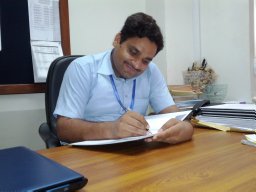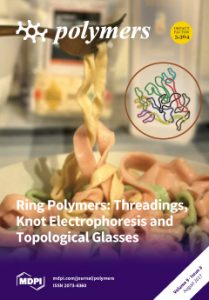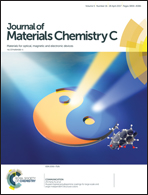At Prince Sultan University in Saudi Arabia, faculty members must help raise their school’s academic standing not by doing impactful work, but by citing the institution’s research in their papers, according to a document Retraction Watch has obtained.
In an interoffice memo from 2022, Ahmed Yamani, president of the Riyadh-based institution, referred to “the rule of the requirement of citing 3-4 relevant publications in each paper” whose aim was “increasing the exposure of PSU research work and increasing the total number of PSU citations.”
Coordinated citation efforts can boost the rankings of institutions and individual researchers. The Committee on Publication Ethics considers citation manipulation unethical.
Continue reading Exclusive: ‘Highly problematic’ policy has Saudi university pressuring faculty to cite its research








 As
As